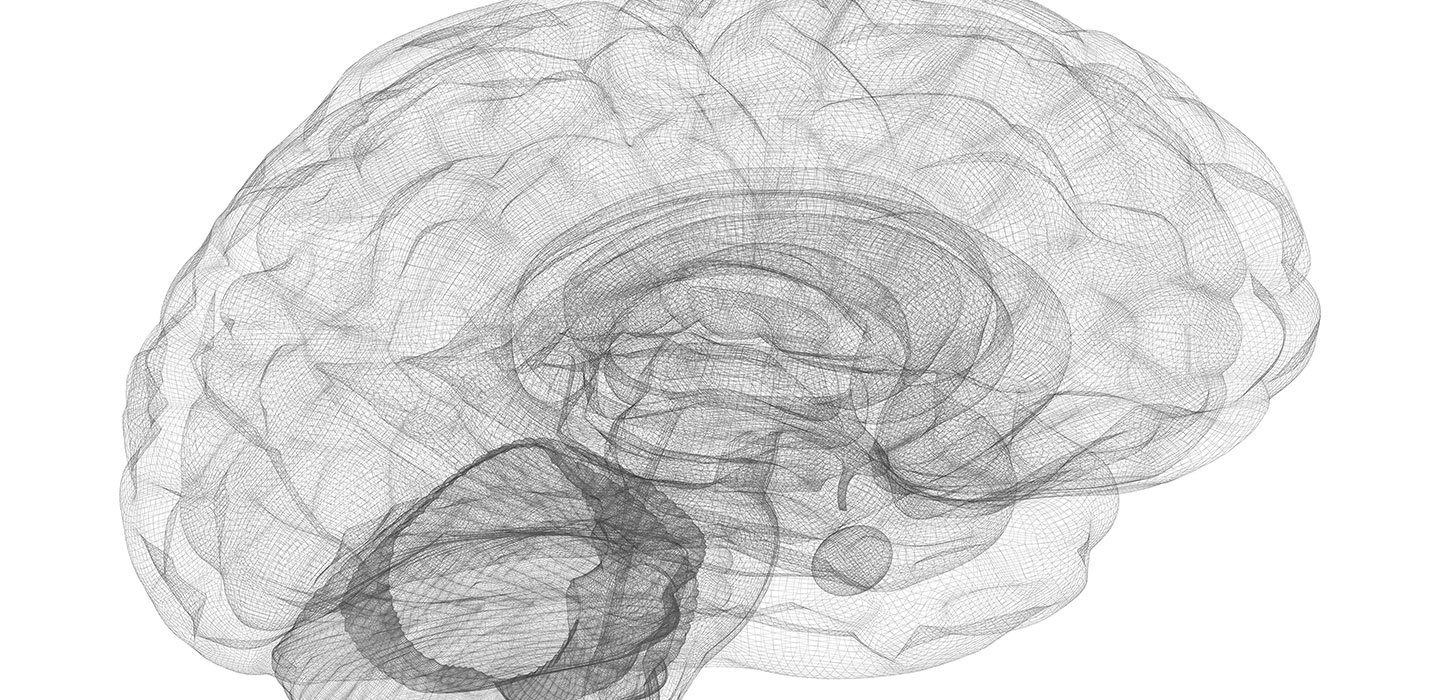Reasons to Feel Empowered About Depression Prevention
Some of the most talked-about risk factors for depression, like genetics and the wiring of the brain, are not things that one can easily change. These are far from the only things that can contribute to depression, however, and within this complexity is a message of empowerment, according to Michael Berk, M.D. Ph.D., Director of the IMPACT Strategic Research Center and Professor of Psychiatry at Deakin University School of Medicine, Australia, and 2015 Recipient of the Colvin Prize for Outstanding Achievement in Mood Disorders.
In a webinar broadcast by the Brain & Behavior Research Foundation on March 14, 2017, Dr. Berk presented evidence that “many of the factors that are important in terms of the risk of depression are in the control of you and I”—everyday decisions like going on a bike ride, catching up with a friend over coffee instead of over Facebook, and eating healthier foods.
“Environmental” factors like these are “among the most important drivers,” Dr. Berk says, though genetic and other biological factors do play a role in depression. Dr. Berk gave a tour of fascinating evidence that he sees as reason to feel empowered about preventing depression.
The “second brain”
The gut has as many neurons as the spinal cord—about 100 million. This strong connection between the gut and brain suggests that food and mood could be linked, and has prompted some scientists to call the gut “the second brain.”
“We may well be in a position where food can start to be considered as medicine,” says Dr. Berk, pointing to the results of the first clinical trial, led by Dr Felice Jacka in the IMPACT team, that attempted to treat depression with diet. Patients who consulted a dietician experienced more improvement in their depression than those who saw a psychologist, and even saved money. Diet could affect mental health before birth, too. When scientists tracked the diet and health of over 23,000 mother-and-baby pairs in Norway from pregnancy through infancy, the babies who were fed a healthier diet had a lower risk of depression later in life.
Dr. Berk warns that “eating junk food might actually be shrinking your brain.” People who have a poor-quality diet tended to have a shrinking hippocampus, the part of the brain most closely associated with depression, compared with people who had a better-quality diet, one study showed. This relationship held true even when researchers conducted a follow-up study 4 years later.
Real ‘people power’
Brains need friends. Evidence from numerous studies links decreased interpersonal interaction with depression. Yet the amount of time that people spend socializing with friends face-to-face has dropped dramatically. “We are sitting on our own, alone on Facebook, but we’re not seeing people, we’re not talking to people,” says Dr. Berk, and “for the most part, the people who are most unhappy are the ones who are using more social media.”
Happiness also depends on our expectations, which may be on the rise. In the United States, 12th graders are much less likely to see work as a central part of like, but expect to own much more property. People nowadays are more likely to believe that they are “above average” than was the case a few decades ago. These are not realistic expectations, of course, and are likely to lead to disappointment says Dr. Berk. But these values and attitudes have changed drastically in the past half-century and can change again.
The brain’s home
Brains come in bodies. As obvious as this may be, it sometimes gets lost in conversations about depression. The body’s overall health is linked to depression in a variety of ways. According to Dr. Berk, “we know that physical activity works for depression.” Studies show that these effects are especially potent during childhood, with children who are physically active showing a 1.5 times smaller risk of developing depression. Even keeping on top of dental health could help decrease depression risk, Dr. Berk says. He notes that inflammation seems to be involved in depression and poor dental health may increase levels of inflammation.
Treatments for depression usually focus on the brain, employing antidepressants to adjust the brain on a chemical level, while psychotherapies to mend it on a psychological level. Many options for preventing depression, in contrast, involve lifestyle—and you can act on these on your own, alongside treatment you may receive from a medical professional, Dr. Berk suggests.
--Andrea Alfano, science writer



